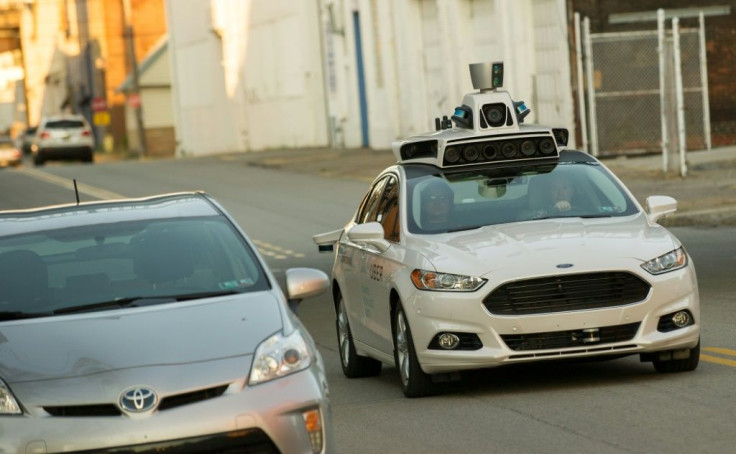US Probe Faults Uber, Human Error In Self-driving Car Crash

A US investigation into the death of a pedestrian struck by a self-driving Uber car faulted driver inattention along with "inadequate" safety measures implemented by the company.
The National Transportation Safety Board said the "immediate cause" of the March 2018 accident was that the driver -- able to take the controls from the autonomous car at any time -- "was visually distracted throughout the trip by a personal cell phone."
The report released late Tuesday also concluded that Uber's "inadequate safety risk assessment procedures, ineffective oversight of the vehicle operators and a lack of adequate mechanisms for addressing operators' automation complacency" were additional factors.
The pedestrian killed in Tempe, Arizona was dressed in dark clothing and was pushing a bicycle that had no side reflectors when she crossed an unlighted section of roadway at night.
The report came at the conclusion of a hearing at which NTSB chairman Robert Sumwalt offered harsh words for Uber's safety measures, including disabling a factory-installed collision warning system and automatic emergency braking system for the Volvo sport utility vehicle.
"The inappropriate actions of both the automated driving system, as implemented, and the vehicle's human operator, were symptoms of a deeper problem: an ineffective safety culture," Sumwalt said in his opening statement at the hearing.
The NTSB had sent a team to Tempe to investigate the fatal collision.
The Uber vehicle was part of the company's self-driving fleet of vehicles.
Uber temporarily suspended its autonomous ridesharing program, eventually putting its self-driving cars back on the road in Pittsburgh in "manual mode," with a driver at the wheel at all times.
In a statement on the NTSB report, Uber said it was committed to making safety improvements.
"We deeply regret the March 2018 crash that resulted in the loss of Elaine Herzberg's life, and we remain committed to improving the safety of our self-driving program," said Nat Beuse, who heads the division's safety efforts.
"Over the last 20 months, we have provided the NTSB with complete access to information about our technology and the developments we have made since the crash. While we are proud of our progress, we will never lose sight of what brought us here or our responsibility to continue raising the bar on safety."
© Copyright AFP {{Year}}. All rights reserved.





















